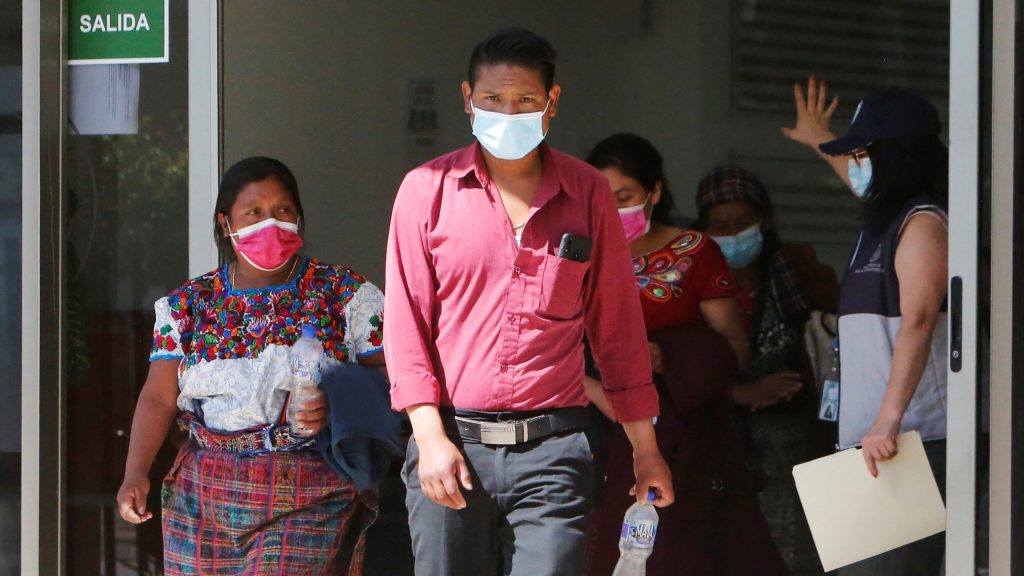Catholics groups are calling on the Mexican government to investigate a possible massacre of migrants near the U.S.-Mexico border.
Mexican officials found 19 charred bodies in two burned-out vehicles Jan. 23 in municipality of Camargo, an area rife with organized crime activity, which sits opposite the Rio Grande Valley of Texas. It's considered a popular spot for smugglers working with organized criminal groups to move migrants across the border.
The crime scene immediately caused suspicions, however: no shell casings were found, prompting suspicions that the victims were murdered elsewhere, according to Mexican media.
Families of migrants who had set out from Guatemala voiced worries that the victims might be their kin.
"They have the certainty that they are their family members," said Jesuit Father José Luis González, coordinator of the Jesuit Migrant Network, Central America and North America, who was in touch with some of the families who have lost contact with their loved ones.
The families said their relatives set out from the Mayan communities of San Marcos, a Guatemalan department in the highlands near the Mexican border. They received news on migrants possibly going missing from another group that also was traveling north, Father González said.
For the Catholic groups working with migrants, the news revived painful memories of past massacres of migrants in Mexico. Criminal groups in Tamaulipas state, where the bodies were found, are known to kidnap migrants not paying passage and also force them to pay for permission to cross the Rio Grande.
"We would like police forces, the national guard and army combating organized crime" to work on this "in the same way they organized to stop the caravan," said a statement from Guatemalan bishops' migrant ministry, referring to a recent caravan of mostly Hondurans, which was impeded prior to reaching Mexico.
"We denounce the tolerance of states with territories dominated by the de facto power of criminals, who stalk people fleeing violence and end up finding even more violence," said a statement by the Jesuit Migrant Network.
"We remember that in the same region (in northeastern Mexico) massacres have occurred without being resolved, (with) some against migrants ... in which case files have disappeared and evidence has been destroyed," the statement said, referring to massacres in San Fernando and Cadereyta in 2010 and 2012, respectively.
Speaking at Jan. 27 news conference, Mexican Interior Minister Olga Sánchez Cordero said the slayings in Tamaulipas were being investigated and would not be a rerun of the impunity in the San Fernando massacre, in which drug cartel members murdered 72 migrants on a ranch.

